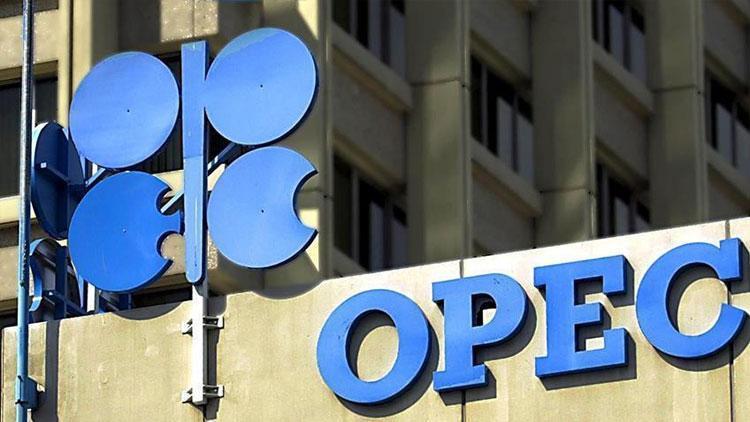
The OPEC+ alliance of oil-exporting countries decided to sharply cut production to support sagging oil prices, a move that could deal the struggling global economy another blow and raise politically sensitive pump prices for U.S. drivers just ahead of key national elections.
Energy ministers on Oct. 5 cut production by a larger-than-expected 2 million barrels per day starting in November after gathering for their first face-to-face meeting at the Vienna headquarters of the OPEC oil cartel since the start of the COVID-19 pandemic.
The group said the decision was based on the “uncertainty that surrounds the global economic and oil market outlooks.’’
Saudi Energy Minister Abdulaziz bin Salman stressed the group’s stated role as a guardian of stable energy markets.
“We are here to stay as a moderating force, to bring about stability,’’ he told reporters.
Oil is trading well below its summer peaks because of fears that major global economies such as the U.S. or Europe will sink into recession due to high inflation, rising interest rates and energy uncertainty over Russia’s war in Ukraine.
The OPEC+ decision could help member Russia weather a looming European ban on most of Moscow’s oil, but its impact will have some limitations because countries in the alliance already can’t meet their quotas.
U.S. President Joe Biden considered the OPEC+ decision “short-sighted while the global economy is dealing with the continued negative impact of (Russian President Vladimir) Putin’s invasion of Ukraine,” White House press secretary Karine Jean-Pierre told reporters aboard Air Force One.
“It’s clear that OPEC+ is aligning with Russia with today’s announcement,” she said.
Following a token trim last month, the Oct. 5 decision is an abrupt turnaround from months of restoring deep cuts made during the depths of the pandemic. As demand rebounded, global energy prices have swung wildly since Russia invaded Ukraine, helping fuel inflation that is squeezing economies worldwide.
Part of the OPEC+ cut is “on paper” because members already can’t supply enough oil to hit their allotments, said Gary Peach, oil markets analyst at energy information firm Energy Intelligence. “Only about half of that is real barrels,” he said.
A cut with oil near $90, which is “a comfortable price for all producers,’’ might not sit well with customers, but the oil ministers are “looking into the tunnel of recession” that could lower demand in coming months, Peach said. ``They decided to pre-empt that.’’
Oil supply could face further cutbacks in coming months when a European ban on most Russian imports takes effect in December. A separate move by the U.S. and other members of the Group of Seven to impose a price cap on Russian oil could reduce supply if Russia retaliates by refusing to ship to countries and companies that observe the cap.
The EU agreed Wednesday on new sanctions that are expected to include a price cap on Russian oil, meant to starve Putin’s country of money for its war machine. It comes amid an energy crisis created by Russian reductions in natural gas supplies to Europe, whose leaders accuse Moscow of retaliation for their support for Ukraine and imposing of sanctions.